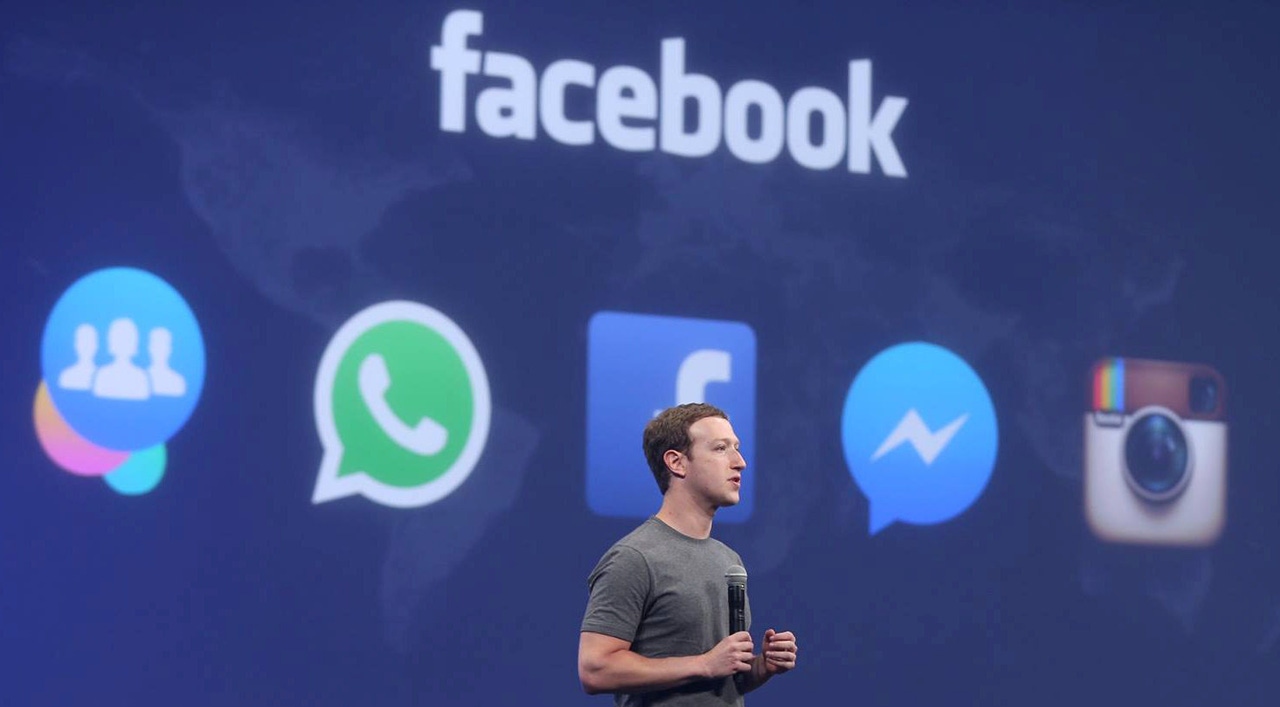Facebook opens Messenger to app developersFacebook opens Messenger to app developers
The social media giant unveiled Messenger Platform at its developer event – F8 – which is designed to help developers incorporate Messenger into their apps. Facebook reckons 600 million people use Messenger every month so integrating with it is an easy way to ‘socialise’ an app.
March 26, 2015

The social media giant unveiled Messenger Platform at its developer event – F8 – which is designed to help developers incorporate Messenger into their apps. Facebook reckons 600 million people use Messenger every month so integrating with it is an easy way to ‘socialise’ an app.
Among the tools now available to developers are the ability build apps that reside within Messenger, as well as one-click installing and navigation to apps straight from Messenger and easy sharing of content from the app.
On top of that Facebook previewed Businesses on Messenger, which is an attempt to not just participate in the growing business IM market but also give the opportunity for businesses, such as retailers, to communicate directly with consumers.
“Facebook used to be this single blue app that did a lot of different things. Now Facebook is a family of different apps,” said Facebook CEO Mark Zuckerberg, in his keynote address at the event. “In order to keep up with this future … we need to be able to build tools for people to share all the different types of content they’re sharing. People want to be able to share into messages, people want to share into groups.
Among a bunch of other initiatives Facebook also announced enhancements to its LiveRail video platform, to its Android and IoS SDKs, improved sharing tools and Facebook Analytics for Apps, which seems to be designed to be the app equivalent of Google Analytics. And let’s not forget the recent launch of payments over Messenger too.
The theme of this first day of F8 was undeniably mobile, with Facebook aspirating to be much more than the leading social networking service. With sharing and commenting such an intrinsic part of today’s web experience, and with content increasingly accessed through mobile devices, Facebook wants to be at the core of the mobile content experience.
About the Author
You May Also Like










.png?width=300&auto=webp&quality=80&disable=upscale)


_1.jpg?width=300&auto=webp&quality=80&disable=upscale)